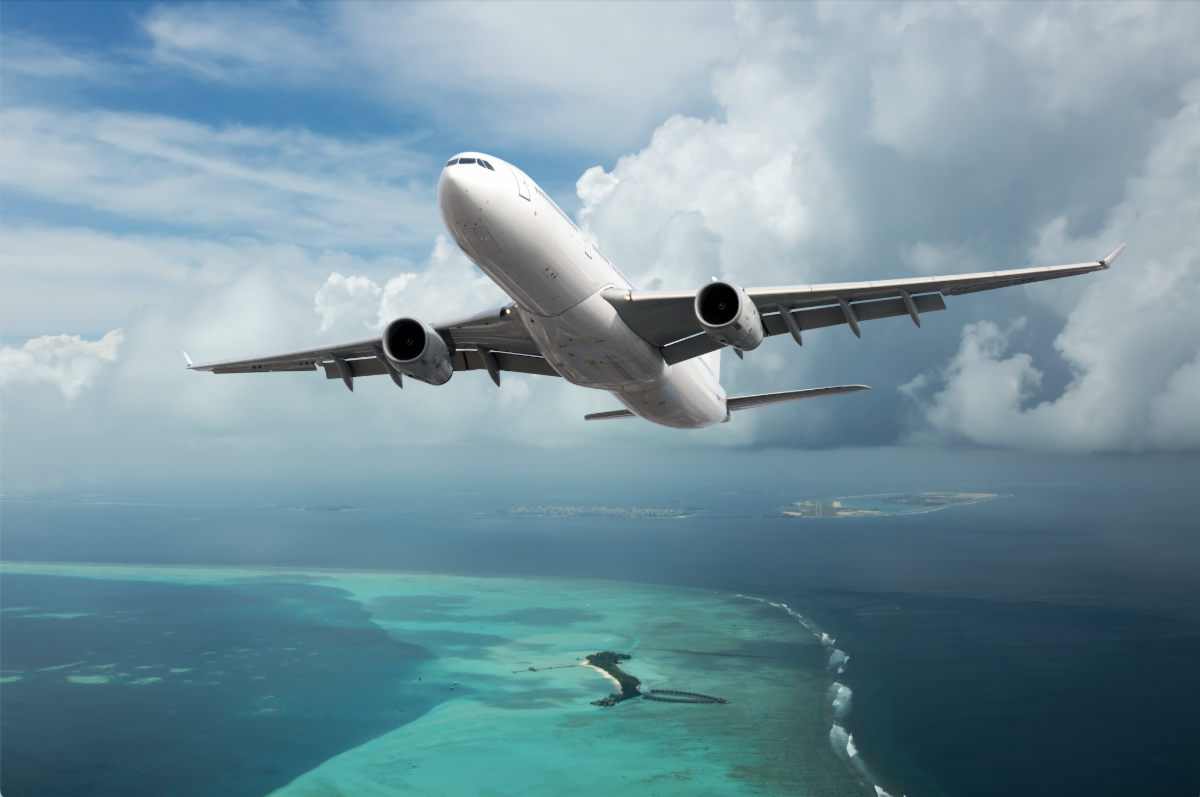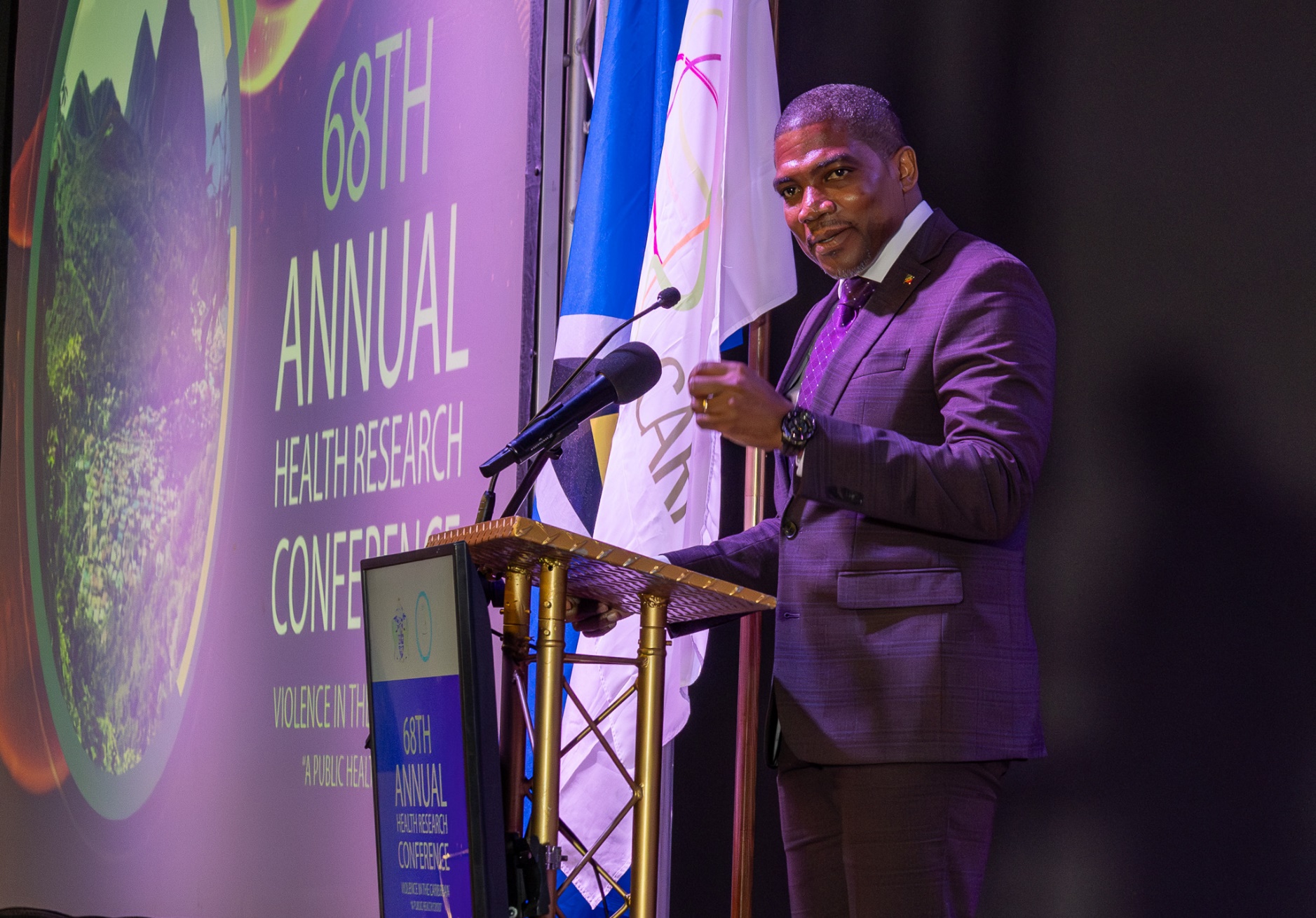CARACAS, Venezuela, Jul 07 2015 — President Nicolas Maduro announced Monday that he was recalling Venezuela’s ambassador in neighboring Guyana for consultation amid mounting tensions over their disputed border.
During an address to parliament, Maduro said that he also is initiating a comprehensive review of relations with much smaller Guyana and reducing the size of Venezuela’s embassy there.
“Venezuela is coming under new forms of assault and aggression,” he said. “This is a grave, dangerous situation that we must combat with national unity.”
A potentially rich oil discovery in waters off the northern coast of South America has rekindled the border dispute that stretches back to the 19th century.
Venezuela, which has the world’s largest oil reserves, has long claimed a significant chunk of Guyana, including a large marine area where Exxon Mobil Corp. recently announced it made a significant oil discovery. Venezuela issued a decree soon after that announcement extending its territorial claims farther out into the Atlantic to encompass the area where the discovery was made.
Guyana denounced the decree as a threat to regional peace and said it would formally ask the United Nations to intervene. U.N Secretary-General Ban Ki-moon has offered to mediate.
The decree also mentioned disputed areas on the border with Colombia.
Maduro has increasingly lashed out at countries he paints as hostile while he struggles with multiple crises at home, including the world’s highest inflation, a soaring homicide rate and approval ratings languishing in the 20 percent range.
On Monday, he said Guyanese President David Granger had rebuffed Venezuela’s sincere efforts to open diplomatic talks. But he ruled out the possibility of war with Guyana, and any armed conflict over the dispute is widely seen as extremely unlikely.
The dispute stems from an 1899 court ruling that required Venezuela to relinquish an undeveloped but resource-rich jungle territory called the Essequibo that constitutes about two-thirds of Guyanese territory. Venezuela contends the ruling was invalid, and many official maps still describe the Essequibo as Venezuelan territory. Guyana says Venezuela pledged to abide by the ruling, but later reneged.
“We are victims of dispossession. I say this to our friends and also to our enemies: No one will ever get Venezuela to renounce her historical rights to the Essequibo,” Maduro said. (AP)



